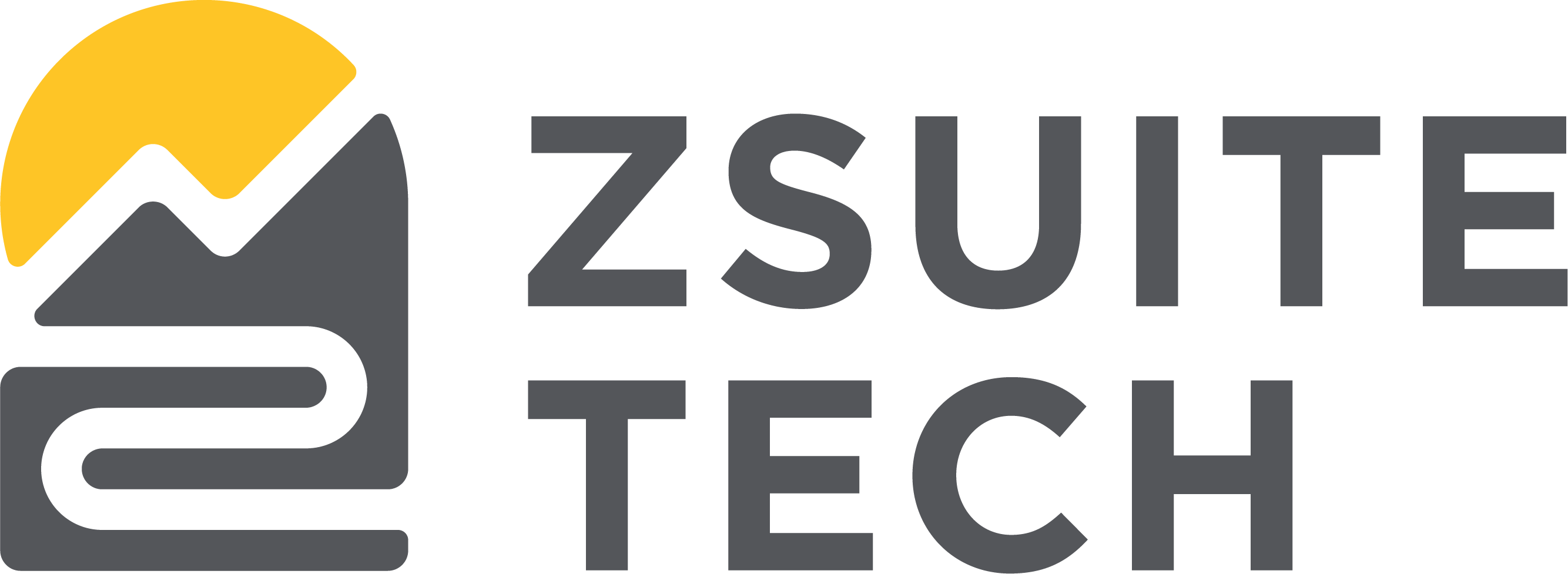Elevate Your Real Estate Portfolio with DSTs: A Smart Choice for 1031 Exchange Investors
by ZSuite Tech on Dec 12, 2023 10:20:01 AM
In the fast-paced and dynamic world of real estate investing, it's crucial to stay informed about tools that can maximize your returns and minimize your tax liability. One such tool is the Delaware Statutory Trust (DST), a game-changer for investors involved in 1031 exchanges.
Unveiling the Delaware Statutory Trust (DST)
A DST is a legal entity that opens up new dimensions in real estate investment. It allows you to own a fractional interest in large, income-producing properties, offering a way to diversify your portfolio without the burdens of property management.
DSTs and the 1031 Exchange: A Perfect Pair
A 1031 exchange is a provision in the tax code that allows you to defer capital gains taxes when you sell an investment property and reinvest the proceeds into a like-kind property. A Qualified Intermediary (QI) is used to handle the transaction, ensuring IRS compliance.
In a 1031 exchange, the role of a qualified intermediary is pivotal. The QI serves as an intermediary to facilitate the exchange, holding the proceeds from the sale of the relinquished property in escrow and ensuring a seamless transition of funds into the replacement property.
DSTs are considered a "like-kind" property for the purpose of a 1031 exchange. This means you can sell your investment property, use a QI to facilitate the exchange, and invest the proceeds into a DST.
The Advantages of DSTs in 1031 Exchanges
- Broaden Your Reach: DSTs give you access to high-quality, institutional-grade properties that would otherwise be out of reach.
- Passive Income Stream: Enjoy your share of rental income without the hassles of property management.
- Limited Liability: Your financial risk is limited to your investment in the DST.
- Diversification: By owning fractional interests in multiple DSTs, you can spread your risk across different properties and markets.
The Potential Downsides
- Limited Control: As a DST investor, you surrender control over property management decisions and timing of the sale.
- Liquidity Constraints: DST investments are not easily sold or transferred.
- Performance Risk: The returns from a DST depend on the performance of the underlying property, which can vary.
As the financial technology ecosystem continues to evolve, DSTs stand as a testament to the intersection of innovation and traditional wealth-building strategies, providing investors with a path to navigate the complexities of 1031 exchanges with finesse and tax efficiency.
- Press (53)
- Commercial banking (16)
- Deposits (14)
- Partnerships (12)
- 1031 Exchanges (9)
- ZEscrow (9)
- Bank tech (8)
- Specialty Deposits (8)
- ZValues (6)
- Property Management (5)
- VAM (4)
- Law Firms (3)
- Liquidity Management (3)
- Municipalities (3)
- Working smart (3)
- Podcast (2)
- Webinar (2)
- Builder, Banker, Hacker, Chief (1)
- FDIC Insurance (1)
- February 2026 (1)
- December 2025 (1)
- November 2025 (1)
- September 2025 (1)
- August 2025 (4)
- July 2025 (1)
- June 2025 (2)
- May 2025 (1)
- March 2025 (1)
- February 2025 (1)
- January 2025 (1)
- December 2024 (1)
- November 2024 (1)
- October 2024 (3)
- September 2024 (2)
- August 2024 (3)
- July 2024 (2)
- June 2024 (3)
- May 2024 (6)
- April 2024 (2)
- March 2024 (5)
- February 2024 (1)
- January 2024 (2)
- December 2023 (1)
- November 2023 (3)
- October 2023 (1)
- September 2023 (1)
- August 2023 (3)
- June 2023 (3)
- May 2023 (1)
- March 2023 (6)
- February 2023 (4)
- January 2023 (4)
- December 2022 (2)
- November 2022 (6)
- October 2022 (1)
- September 2022 (1)
- August 2022 (3)
- June 2022 (1)
- May 2022 (1)
- April 2022 (5)
- March 2022 (3)
- December 2021 (2)
- September 2021 (3)
- July 2021 (2)
- June 2021 (1)
- May 2021 (1)
- April 2021 (4)
- March 2021 (3)
- February 2021 (4)
- January 2021 (2)


